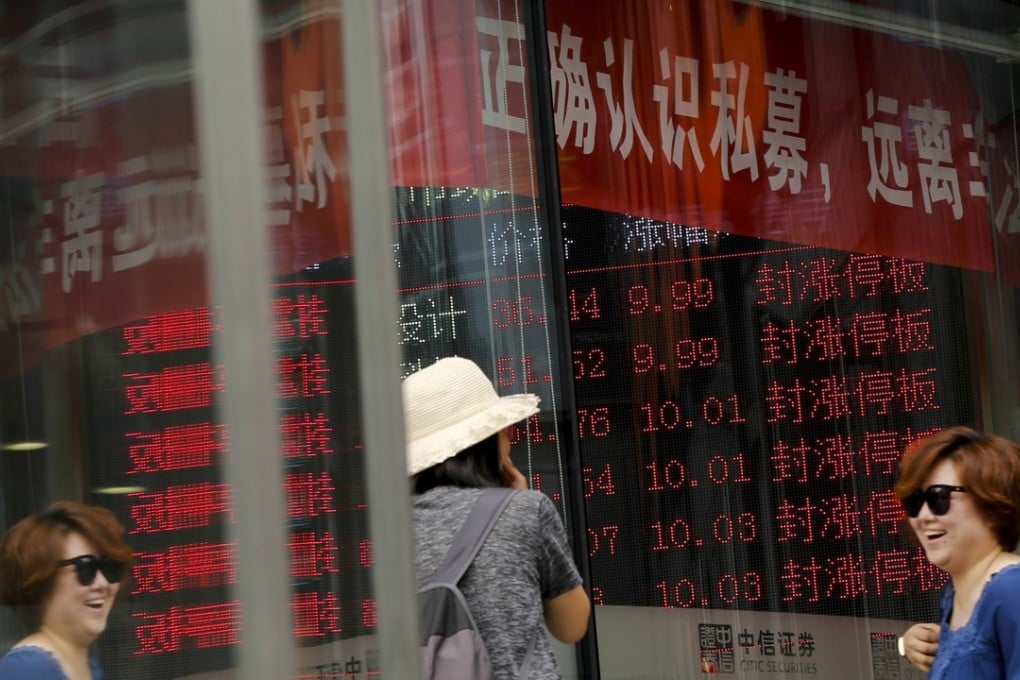Across The Border | MSCI’s China stock inclusion may prolong the decline of small-caps
Liquidity likely to start draining from Chinese small-caps next year as investors look to grab a share of those 222 stocks that will become eligible for MSCI inclusion

MSCI’s decision to add Chinese A-shares to its benchmark indexes – hailed by regulators and local investors as a historic moment for the nation’s US$7 trillion equity market – has, however, dealt a serious blow to the outlook of smaller growth companies.
Liquidity is likely to start draining from Chinese small-caps next year as investors look to grab a share of those 222 stocks, mostly companies with large market values, that will become eligible for MSCI inclusion.
The turnover of these 222 corporate big guns accounted for almost 30 per cent of the combined trading value of the mainland’s exchanges, when MSCI made the announcement last Wednesday.
That probably leaves trading in the sector too crowded, and the remaining 3,000-plus stocks listed in China marginalised.
MSCI’s entry was touted as a step towards bringing the world’s largest stock market only next to the US in being integrated globally.
But investors’ inevitable receding interest in the nation’s small-caps – most of which are in the service and technology industries – may be a setback for President Xi Jinping’s ambition of making the economy more reliant on consumption.

